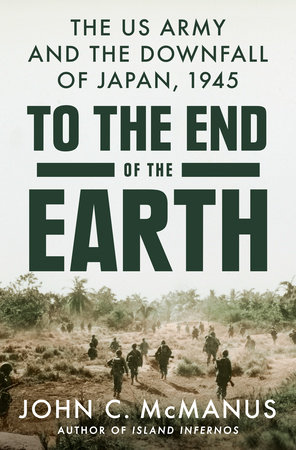Ajidica
High Quality Person
- Joined
- Nov 29, 2006
- Messages
- 22,513
I watched the SciFi channel Dune miniseries over the weekend, I when I was home for Memorial Day I dug out my copy of Dune.
You know, the book about what would happen if Lawrence of Arabia took a lot of drugs and spent his time high as a kite.
You know, the book about what would happen if Lawrence of Arabia took a lot of drugs and spent his time high as a kite.



